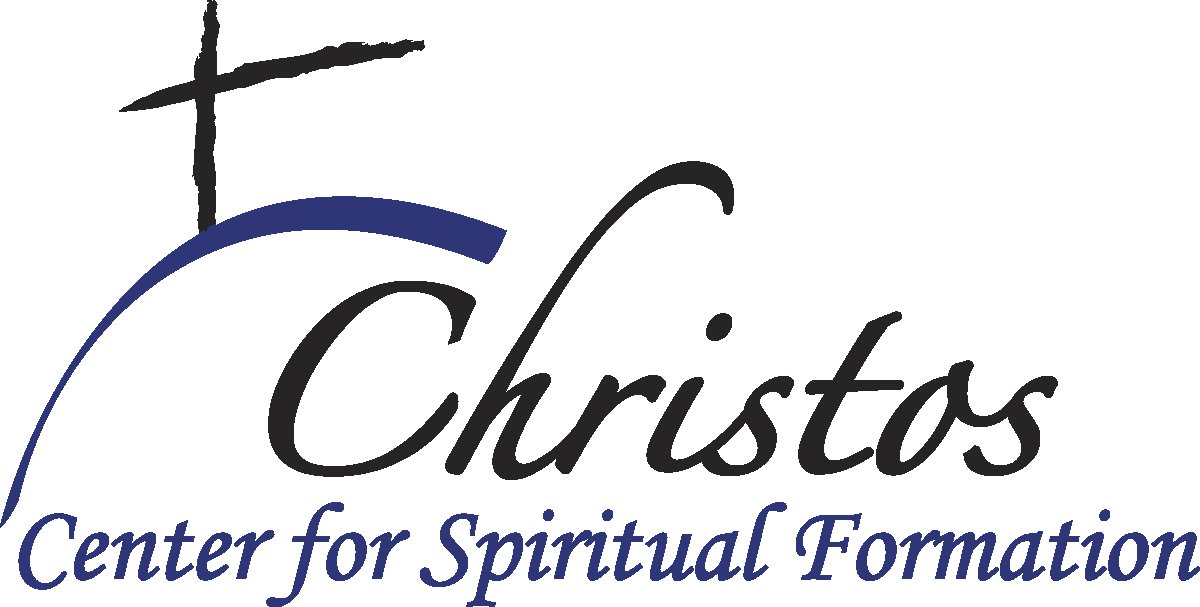Ministry in Contemporary Society – Reflections on “The Wounded Healer”
Note: As part of our spiritual direction training at Christos, Tending the Holy, we include many wonderful books and readings to study. Our graduates consistently comment on how insightful and enjoyable they find our bibliography. It includes a diverse compilation of classic and modern writings on prayer, contemplative practices, spiritual direction and will. The article below is a review of Henri Nouwen’s book “The Wounded Healer” by one of our spiritual direction coordinators, Reina Brekke. It was written for her pastoral care course and through her lens as a spiritual director.
Hope for the Future
What are the characteristics of the Christian leader under these “hopeless” circumstances? Nouwen begins with genuine personal concern. The antithesis of being aloof. Becoming involved in the messiness and emotion of human relationships. Willing to risk being hurt. Secondly, holding faith in the value and meaning of life. And finally, offering hope for the future, beyond death.
Ministry by a Lonely Minister
Nouwen lastly turns to the minister in each of us. He reminds us that we must bind our wounds carefully to be prepared for when they are needed. But what are our wounds? Nouwen settles on loneliness as the composite injury.
He uses the vivid image of the Grand Canyon, a deep incision, a wound that can be a source of beauty and self-understanding. The Christian way of life does not take away loneliness but cherishes it and protects it as a precious gift. “The awareness of loneliness might be a gift we must protect and guard because our loneliness reveals to us an inner emptiness that can be destructive when misunderstood, but filled with promise for those who can tolerate its sweet pain.”
We can, however, keep ourselves so busy that we are distracted from our loneliness. We can also veer towards spiritual exhibitionism- sharing our weakness in a way that is not helpful. We must learn to discern our pain in the context of the human condition that we all share. I am prompted to ask myself, how do I share my woundedness with others in a way that is helpful or gives hope?
Nouwen suggests the gift of genuine hospitality. “Hospitality is the virtue that allows us to break through the narrowness of our own fears and to open our house to the stranger, with the intuition that salvation comes to us in the form of a tired traveler.”
We must consider what this gift requires of us.
First, we need to notice where our concentration lies. We take our eyes off of ourselves and focus on our guests. We have to be comfortable in our own house and with ourselves. This capacity comes from a center of contemplation and meditation. Nouwen quotes Hillman: “On the human level, withdrawal of myself aids the other to come into being.”
Hospitality asks for the creation of a space, where guests can find their own souls. We are not able to give wholeness to another, but we can share in their loneliness.
Finally, we can prevent others from suffering for the wrong reasons. Nouwen notices how many have suffered because they wrongfully assume that life should not include fear or loneliness, confusion, or doubt. We can offer a perspective of these in their rightful place as part of the shared human condition. “A Christian community is, therefore, a healing community, not because wounds are cured, or pains are alleviated, but because wounds or pains become openings or occasions for a new vision. Mutual confession becomes a mutual deepening of hope, and shared weakness becomes a reminder to one and all of the coming strength.
Final Thoughts
This book resonated deeply for me, as I considered my capacity and calling to listen to others but to do this in a way that genuinely meets them where they are, with an attempt to see their story through their eyes, not mine. I realize I do this best when I am fully aware of my weaknesses and rely entirely on God’s Spirit and grace.
It challenged me to consider my genuine willingness to be hospitable, with more significant concern for my guest than for my own need for affirmation or comfort.
Reina Brekke
Reina Brekke is a Tending The Holy coordinator in our Twin Cities location. She was introduced to spiritual direction 15 years ago and God continues to re-affirm his invitation to her through encounters with others, companioning with them, and listening to their stories.

